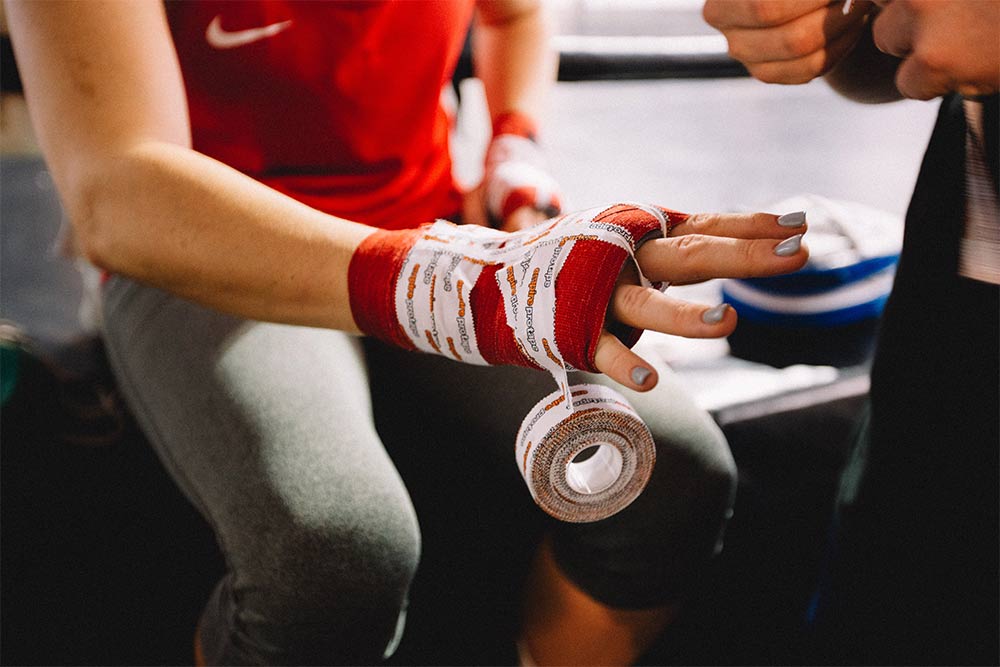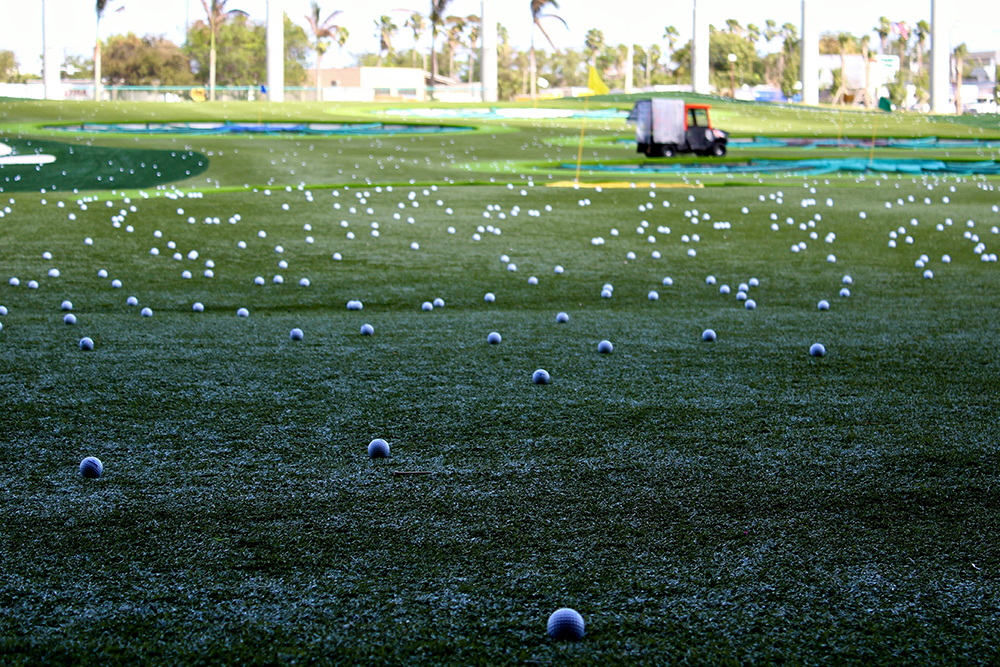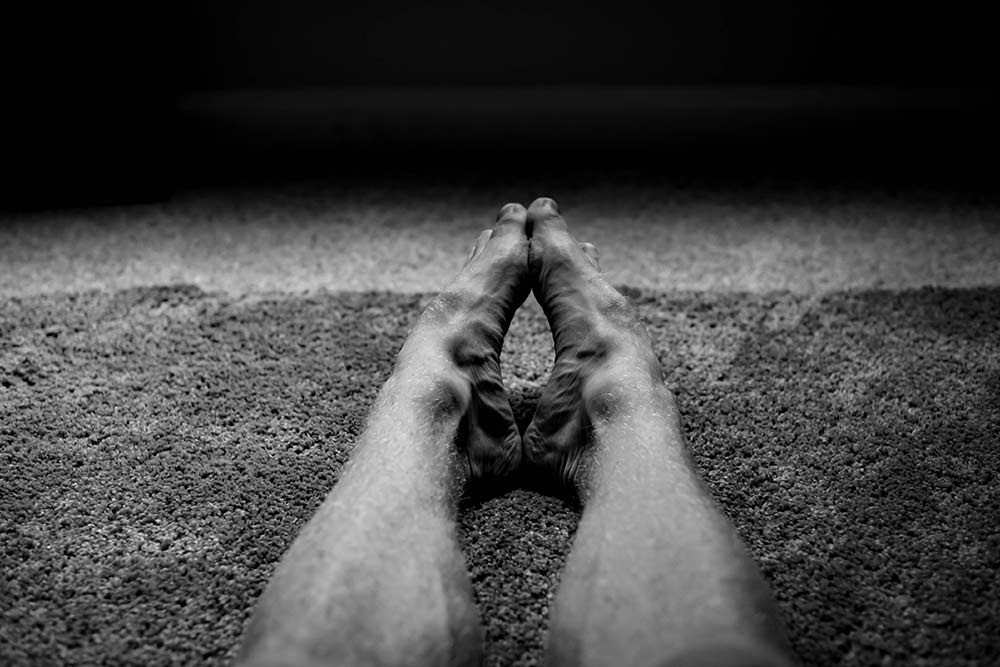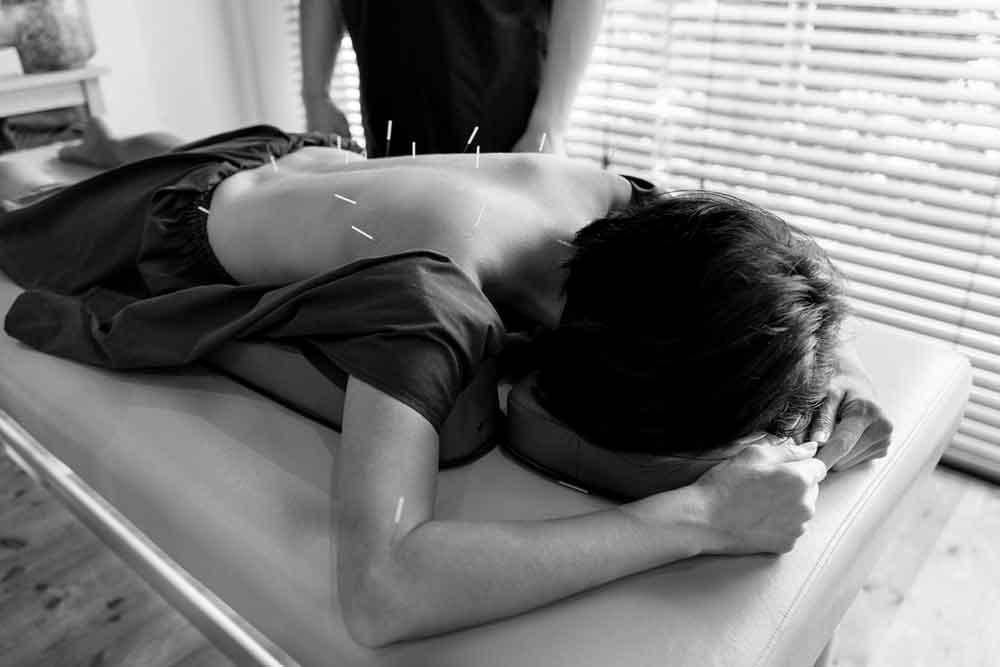The Journey Through Injury Recovery

Grayson Fertig
Injuries happen. Having a plan already in place is the key to getting back to where you were and maybe even beyond. Trust that your body wants to heal, know that your body is pre-wired to repair itself, and believe that the work you’re doing is part of your journey and not a deviation. Start preparing today.
Too often our physical limitations today are rooted in past injuries or traumas that we weren’t able to fully recover from. The good news is that more than ever before the fitness industry and its professionals are addressing these limitations. It used to be that only a few had the talent to assess and address restrictions and now there are entire curriculums devoted to this art and  science. A good example is the FRC Functional Range Conditioning which is a program designed to improve joint function by teaching strategies for mobility, joint strength, and body control.
science. A good example is the FRC Functional Range Conditioning which is a program designed to improve joint function by teaching strategies for mobility, joint strength, and body control.
Related Article: The Road to Recovery
A coach of mine stated it very clearly when he said your movement should look good. It should also feel good. And those 2 sensations should be constantly attended to. Not necessarily in a neurotic way but rather in an attentive, intuitive way. That awareness of your ideal normal is the basis for your injury recovery plan.
Whether you’re forced to recover because of surgery, an accident, a strain, a pull, a low point of a chronic condition, a lifestyle injury, a baby is born, a radical challenge overwhelms you, or whatever the process back to your ideal normal is similar across the board. You need time. You need patience. You need a plan.
Time- you need to make your recovery a priority. That’s easy to do when you’re in the first few weeks but what about 6 weeks later when you’re 85% of the way there. Tell yourself and everyone else it’s going to take twice as long as anybody thinks. More than likely you’re not a professional athlete and you don’t need to be back on the field to get your team to the playoffs. Chill, take your time, don’t let your anxiety or anyone else’s stop your recovery process before it’s done. The turtle will win this race. Get all the way back, you’ll thank yourself later.
An injury recovery plan-this should already be in place. Who is your team? How do you eat? Where do you train? Don’t go looking for the magic bullet when you’re on crutches, you should already be carrying it around in your pocket. It’s worth the investment to see a healing practitioner irregularly even when you’re feeling good so that they know what they’re aiming for when you can’t do x, y or z. On top of that you need to have confidence in your people-if there are 10 chiropractors in your area you should already know who you like the best. How you eat fuels recovery-whatever you’ve established as your way stick to it. If you’re all over the map with your food get focused and fix that food is and always will be medicine. Your recovery is going to be about doing increasingly moderate versions of what you do at your peak potential-think through those more mellow activities and do them once in a while just to get the feel. Go to a recovery yoga class, take a walk, lift light weights, swim.
 Patience-easier to say than to be. Impatience is a direct result of you feeling unprepared or rushed or unsure of your next step. More than likely you’re looking at at least 8 weeks(tell your family and friends 16 weeks) the body needs time and it’s your job to advocate on behalf of the body. Don’t be that guy who wishes he hadn’t rushed it. Injuries compound and your job is to keep that from happening.
Patience-easier to say than to be. Impatience is a direct result of you feeling unprepared or rushed or unsure of your next step. More than likely you’re looking at at least 8 weeks(tell your family and friends 16 weeks) the body needs time and it’s your job to advocate on behalf of the body. Don’t be that guy who wishes he hadn’t rushed it. Injuries compound and your job is to keep that from happening.
It sucks to suck, it hurts to hurt, it’s no fun feeling less-than and I think that’s universal. I’ve also gained so much insight and understanding from the times when I’ve been laid up or down and out. It happens, it will happen again but it’s how you deal with it that makes you who you’re going to be. In that infinite space of the unknown future, once you get through this who knows maybe you’ll be way out in front of where you’d be otherwise.
You Might Like:
















